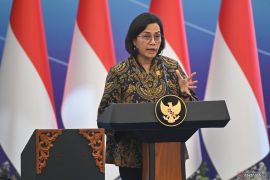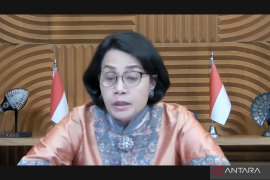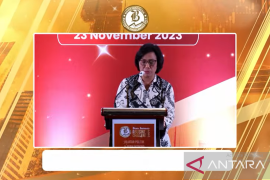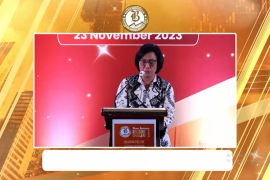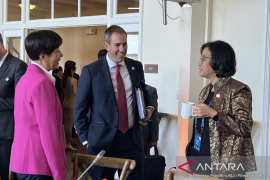"Even some international institutions competed, making projections that made it even more depressing/grim," the minister said at the event, which was accessed from here on Thursday.
The unpredictability was not unexpected. The trend of increasing global interest rates has been prevalent, with the benchmark interest rates rising by 450 basis points (bps) to 500 bps in less than 12 months.
This will surely lead to stress in many economic sectors, the minister noted. In turn, it will create some phenomena as long as the inflation rate remains high.
Moreover, there will also be a trend of capital outflows, which could make the situation worse, particularly in emerging markets.
The capital outflows could become a problem of their own, in terms of exchange rates in developing countries, not to mention the position of the US dollar, which has grown strong of late.
Such a situation would be detrimental to the global financial sector in terms of the cost of funds, and it could also pose a threat in terms of inflation, interest rates, and monetary value, and therein lies a risk of recession in Europe and the US, she opined.
"If global economic propellers —America and Europe— go into recession, while China is in a situation that makes them suddenly (allow economic opportunity there), this would sprout many dynamics, which Indonesia must be cautious of," she warned.
This caution must be adopted especially when considering exports, one of the crucial sources of Indonesia's development, she said.
However, as a country with the largest economy in Southeast Asia, Indonesia still has a large domestic market, and this could serve as a cushion in the midst of a chaotic global situation.
Related news: President Jokowi asks people to have same feeling amid global crisis
Related news: Jokowi enacts regulation in lieu of Law No. 2/2022 on job creation
Translator: Agatha Olivia V, Mecca Yumna
Editor: Rahmad Nasution
Copyright © ANTARA 2023

